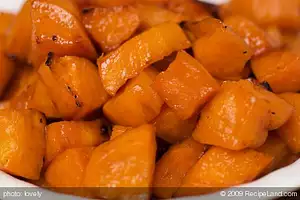Once you’ve stocked your kitchen with low sodium, low fat foods you need to know how to prepare them without adding extra calories and salt.
The first step in maintaining DASH diet cooking techniques is replacing common table salt for low sodium and sodium free options. Dried herb seasonings, garlic powder and fresh garlic, ginger, onions, peppers (sweet and spicy), even a little low sodium soy sauce can add a lot of flavour without added salt and calories.
Squeezing a little lemon or lime juice into sautéed vegetables or greens is a great way to help steam the veggies without extra fats from oils.
Vinegars are also great flavour enhancers – from balsamic to red wine. A little bit goes a long way, always taste test while cooking – you can always add more vinegar or other seasonings later on.
Pay attention to nutrition labels for fat and sodium content, especially when it comes to soups and broths. If low sodium broth isn’t available, it may be better to add a small amount of healthy olive or coconut oil to the dish.
While fresh is always best, there can be times that call for canned foods such as beans, veggies or tuna. Rinse off the excess salt in these products before cooking.
Reducing excess salt is only one part of the DASH diet. Limiting the amount of fats and high calorie foods is also important. Most meat, even fresh red meat (especially ground beef), contains a lot of extra fats and calories. Look for leaner varieties and try to grill or bake meat dishes as opposed frying them in extra oil.
Become a more adventurous cook! Try new things and incorporate new heart healthy cooking techniques if you don’t already. Steaming foods without a lot of oil is a great way to get started. When heating up vegetables, don’t overcook them, as this may decrease some of their nutritional value.
Instead of planning your DASH diet meal plans around a meat dinner every night, consider limiting your overall weekly intake of red meat and pork. Fish tacos, grilled chicken or vegetarian meals can all easily start replacing less heart healthy meals that you are used to eating.
Find new comfort foods that have just as much flavour, and far more nutrients than high fat, high sodium options. You can even choose one or more nights of the week that you plan to prepare a meat free dinner, which is good for your heart and overall health.
SOURCES: SOURCES: https://www.dashdiet.com.au/;
https://www.mayoclinic.com/health/dash-diet/HI00020;
Image courtesy of Vichaya Kiatying-Angsulee / FreeDigitalPhotos.net










Comments